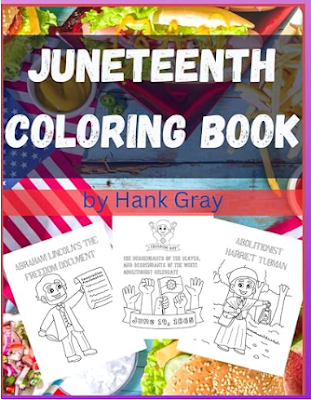The African American Story Store is a celebration of the vast and profound history of African Americans, tracing their journey from the African continent to their contributions in the Americas and beyond. This story begins with the transplanted history of African slaves brought to the New World and connects back to their African ancestors, who laid the foundation for humanity in the cradle of civilization. The store highlights the incredible journey from the creation of the first civilizations to the critical role African Americans played in building the United States, showcasing their resilience, ingenuity, and enduring cultural impact.
One of the key aspects of the African American Story Store is its collection of art with historical and educational significance. Among the highlights are images of King Taharqa, the black Pharaoh mentioned in the Bible. King Taharqa was a ruler of the 25th Dynasty of Egypt, a period when African leadership flourished and influenced neighboring cultures. His legacy, immortalized in biblical and historical texts, reflects the power and prestige of African civilizations. These images serve as a testament to the advanced political and cultural structures of ancient Africa, challenging outdated narratives that undermine Africa's historical significance.
Another fascinating figure celebrated in the store's art collection is Imhotep, the polymath who served as chancellor to King Djoser of Egypt. Imhotep was a man of extraordinary talents, revered as a doctor, administrator of the great palace, high priest of Heliopolis, and chief carpenter, builder, and sculptor for the King. His architectural genius led to the construction of the Step Pyramid at Saqqara, one of the earliest monumental stone structures in history. By featuring Imhotep, the store highlights Africa’s deep contributions to medicine, architecture, and governance, demonstrating the intellectual prowess of its ancient civilizations.
The African American Story Store also emphasizes Africa's former status as a global powerhouse, a reality often overshadowed by its current challenges. Through its art and stories, the store brings to light a time when Africa rivaled mighty empires like Rome and Greece. The continent was home to trained philosophers, mathematicians, and doctors who profoundly influenced the ancient world. By showcasing these achievements, the store counters misconceptions and celebrates the ingenuity and influence of African civilizations.
Through this carefully curated collection, the African American Story Store seeks to inspire a deeper appreciation of African and African American heritage. Each piece of art is a bridge between the past and present, fostering a connection to the rich legacy of African ancestry. Whether it’s an image of King Taharqa, a tribute to Imhotep, or a depiction of other historic achievements, these works educate and uplift, reminding us of the contributions Africans have made to human progress.
By sharing these stories and artifacts, the African American Story Store empowers individuals to take pride in their heritage and share it with future generations. It serves as a hub of education and inspiration, celebrating the pivotal role of African and African American people in shaping history. Through its offerings, the store not only honors the past but also encourages a reimagining of how Africa and its diaspora are viewed in the global narrative.
And here's another thought; since I was asked recently what do I prefer: Black American history, or African American history? I explained that over the years the words Darky, Negro, Colored, Black, and African American have all at one time been politically correct when describing the Americanized African people living in the Americas. A simpler term that would cover all of the above should be the original people. In the same way, native Americans are referred to by some as First Nations People. Blacks, or African people could also be referred to as simply, The First People.





.png)


.png)
.png)
.png)




%20(2).png)